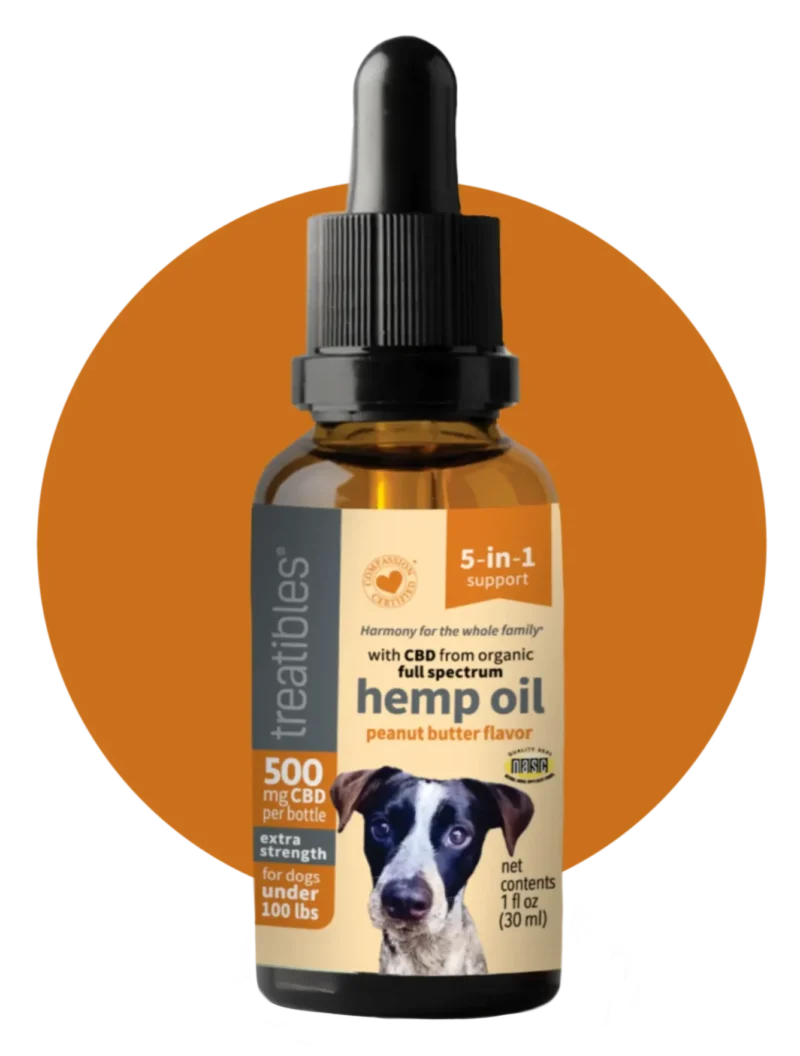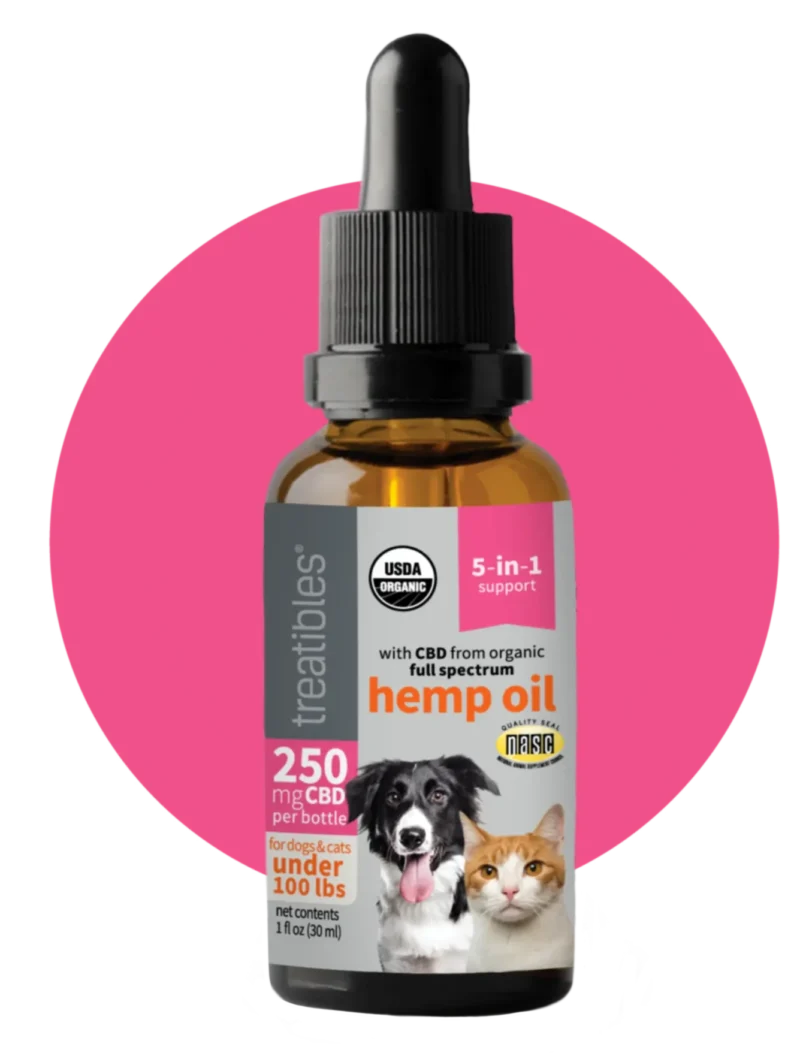Each new year brings the promise of change for the better; an opportunity to start anew. We often make resolutions, intentions to improve our lives.
Our pets can also benefit from a commitment to a healthier, happier life. Since we determine what is best for our pets, it is truly up to us to keep the resolutions we make on their behalf.
Here are four resolutions that can make a positive impact on every pet’s life
NUTRITION – Provide the best possible bio-appropriate diet within your budget
Instead of feeding highly processed, carbohydrate and starch-laden kibble containing synthetic vitamins and minerals, opt for real food. This can include nutritionally complete homemade food, freeze-dried or dehydrated diets, freeze-dried or dehydrated pre-mixes (just add meat!), or even fresh or frozen prepared raw or cooked foods. Even if one’s budget only allows for providing fresh food a few days a week, it can still make a difference.
ENRICHMENT – Exercise and play more
Exercise/playtime is important for pets physically, mentally and emotionally. Physically, play provides exercise for strong muscles, proper circulation and keeps pets fit. Mentally, play keeps pets sharp and entertained. Emotionally, interactive play helps strengthen the bond between pets and their humans. Independent playtime is also crucial to a pet’s health. Toys to chase, pounce on or chew can increase exercise, mental stimulation and constructive use of energy.
Enrichment also includes providing your pet with comfortable beds or blankets. Cats thrive with vertical space – cat towers and condos and/ or attractive shelving. For cats, dogs and really any animal companion, rotate toys every couple of weeks to keep things fresh. For cats, store toys in a bag with catnip. Extra fun!
ENVIRONMENT – Keeping the home and yard safe
Our world is filled with toxins and pests that can be harmful to our pets. There are ways to reduce the risk to our pets, including:
- Have everyone who enters your home remove their shoes. Fleas, pesticides and other harmful substances can adhere to footwear, essentially bringing the outside in
- Consider switching to plant based, non-toxic cleansers in your home – everything from dish soap to bathroom cleaners to laundry detergent. For a list of ways to make many of these yourself, visit Non Toxic Housekeeping
- Avoid using plastic food or water bowls or dishes for your pet. Plastic harbors bacteria that can lead to digestive issues and even skin irritations like blemishes. Opt for glass, ceramic (not made in China) or stainless steel (not from China – radon has been found in stainless steel bowls for pets from China)
- Instead of poisons to protect your pets, home and yard from pests, look to effective natural options like those from Wondercide
CARE – Prevention can keep your pet healthier and save you money
There are simple steps we can all take to help protect our pets from common health issues or at the very least catch problems early. This can save pets from prolonged discomfort and in many cases, offer the opportunity for more treatment options.
- Schedule an annual wellness exam. For senior and geriatric pets, two exams per year is recommended, along with blood work
- Understand new vaccination protocols. Over vaccination is now widely recognized for contributing to a host of health problems including autoimmune disease and even cancer. Before 2011, the American Animal Hospital Association recommended that canine core vaccines (distemper, parvo and adenovirus) be given on an annual bass. In 2011 the guidelines changed stating that core vaccines could be given at three-year or greater intervals. In addition, the AAHA stated that immunity lasts at least five years for distemper and parvo, and at least seven years for adenovirus. For cats, many veterinarians are now recommending that the FVRCP vaccine that fights three feline viruses: rhinotracheitis, calicivirus and panleukopenia, be given every three to five years
- A responsible approach to keeping pets safe and vaccinated when appropriate is to opt for titer testing. This blood test shows the pet’s immunity level and alerts the veterinarian when immunity is low. Most veterinarians now offer this test (just ask!)
- Brush your pet’s teeth at least a few times per week
- Comb your pet at least a few times per week
Wishing you and your pets a healthy, happy 2018!


